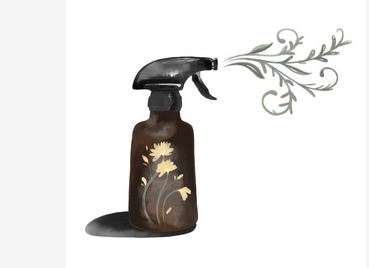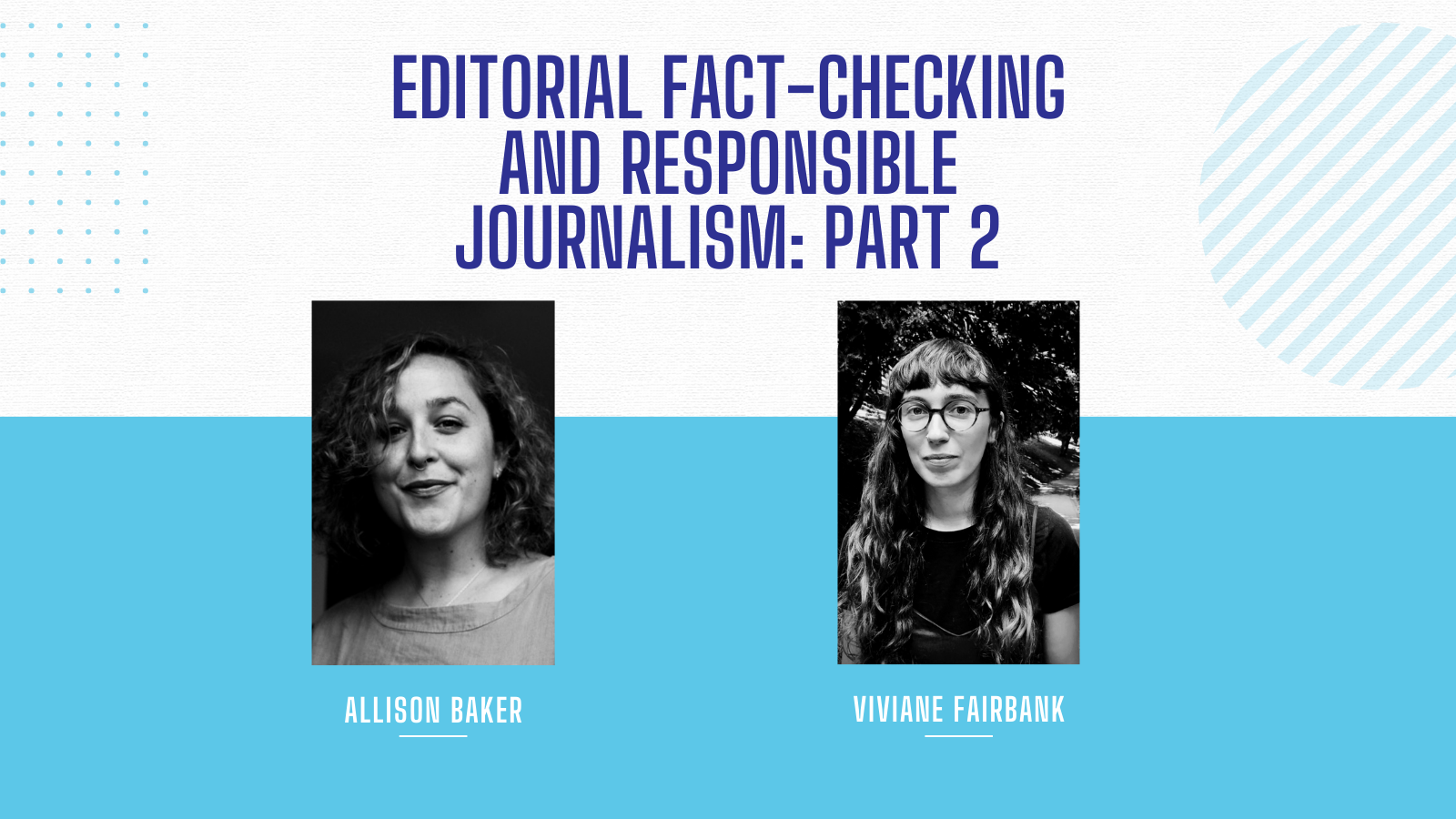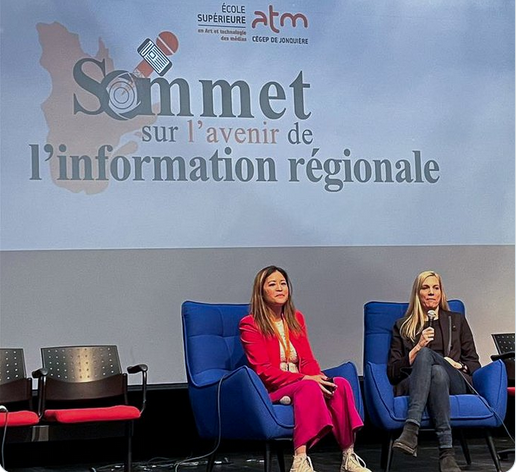By Shawn Chang for LINK, June 1, 2022
They say that absentmindedness has no cure. And I believed it.

Whether it’s misplacing things, forgetting about meetings, walking into poles, or daydreaming during class, my past self had done it all.
But I have good news.
A year ago, I discovered and dove into decluttering: removal of what’s unnecessary, followed by organization of what remained. I found that by tidying up my surroundings, my memory and focus improved. Better yet, I no longer had items go missing, unexplained absences, or embarrassing crashes. Most surprising of all, anime characters stayed clear of my notes.
And all that goes to show something: Being absentminded is curable.
Objectively assessing objects
First, Hideko Yamashita’s book 人生を変える断捨離, which translates to “life-changing cut-off” (Google Translate) or “life-changing abandonment” (Microsoft Translator). Interestingly, although the book appears to come in French and German editions, no English version exists, to my knowledge.
This book revealed that keeping a minimalist lifestyle can create opportunities for focus and introspection. It also taught me to select what to save— and what to discard—by evaluating possessions from three angles:
1. Is it essential—that is, is it used?
2. Is it (still) suitable/comfortable to use?
3. Does it bring me joy?
I approached my closet first. Immediately I was face to face with bleak reality: Over several months, I only wore three of the many shirts I had—and two out of my four hoodies.
My disappointment from reviewing my clothes sank to despair when I studied my bookshelf. I had quite a display, with the likes of Oliver Sacks and G. K. Chesterton. Unfortunately, I never (fully) read half of the books. And the books I had read just sat there like ornaments, never revisited.
Finally, I confronted things of sentimental value— many items no longer useful or, for that matter, usable. They included my duvet from before pre-school. The gentlest shake would liberate feathers through the seams and onto the floor. I also had a pair of leaky boots, broken electronics, a damaged water bottle, and more.
Clearly, my room was storage for the unused, the unusable, the uncomfortable, and the non-pleasing. So, purgation it was.
Continue reading this story here.










